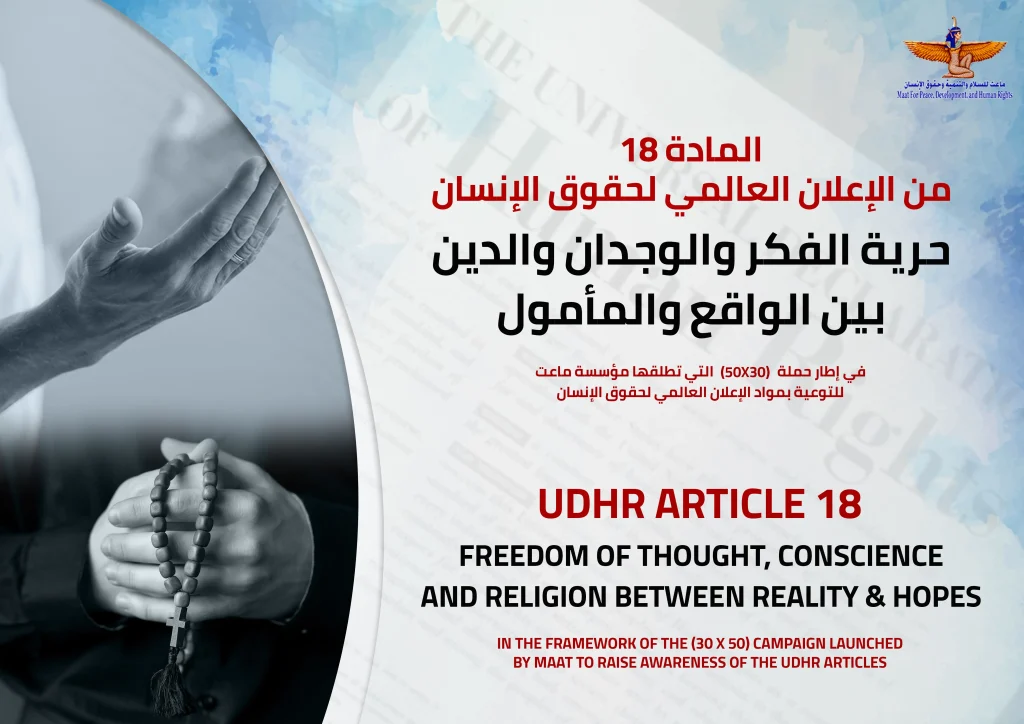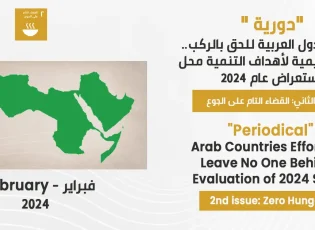Adopted and offered for signature, ratification and accession under the General Assembly resolution
To the United Nations 2,200,000 (D-21) of December 16, 1966
Entry into force: 23 March 1976, in accordance with Article 9
The States Parties to this Protocol,
Considering it appropriate, in order to enhance awareness of the purposes of the International Covenant on Civil and Political Rights (hereinafter referred to as the “Covenant”) and to implement its provisions, to empower the Human Rights Committee established under the provisions of Part IV of the Covenant (hereinafter referred to as the “Committee”) Whoever performs in accordance with the provisions of this Protocol, the receipt and consideration of communications submitted by individuals who claim to be victims of any violation of any of the rights established in the Covenant,
Have agreed as follows:
Article 1
Article 2
Article 3
Article 4
2. The aforementioned State shall, within six months, provide the committee with the explanations or written statements necessary to clear the matter, indicating, when necessary, any measures to lift the grievance that it may have taken.
Article 5
2. The committee may not consider any message from any individual without ensuring that:
(A) That the same matter is not actually being studied by another body of international investigation or international settlement,
(B) The individual concerned has exhausted all available local remedies. This rule does not apply in cases where the grievance procedure takes longer than reasonable limits.
3. The Committee considers the messages stipulated in this Protocol in closed meetings.
4. The committee sends the opinion it has reached to the State Party concerned and to the individual.
Article 6
Article 7
Article 8
2. This protocol is subject to ratification by any country that has ratified or acceded to the covenant. Instruments of ratification shall be deposited with the Secretary-General of the United Nations.
3. Accession to this Protocol is open to any country that has ratified or acceded to the Covenant.
4. Accession takes place by depositing an instrument of accession with the Secretary-General of the United Nations.
5. The Secretary-General of the United Nations shall inform all states that have signed or acceded to this Protocol of the deposit of each of the instruments of ratification or accession.
Article 9
2. As for the states that ratify or accede to this Protocol after the tenth instrument of ratification or accession has been deposited, this Protocol shall enter into force for each of them three months after the date of depositing his instrument of ratification or their instrument of accession.
Article 10
Article 11
2. Amendments shall enter into force when approved by the General Assembly of the United Nations and accepted by a two-thirds majority of the states parties to this Protocol, in accordance with the constitutional procedures of each of them.
3. When the amendments enter into force, they become binding on the States Parties that have accepted them, while other States Parties remain bound by the provisions of this Protocol and any previous amendment that they have accepted.
Article 12
2. Withdrawal shall not prejudice the continued applicability of the provisions of this Protocol to any communication submitted under Article 2 prior to the effective date of the withdrawal.
Article 13
(A) Signatures, ratifications and accessions made pursuant to Article 8,
(B) The date of entry into force of this Protocol under Article 9, and the date on which any amendments made pursuant to Article 11 will enter into force,
(C) Notifications of withdrawal received pursuant to Article 12.
Article 14
2. The Secretary-General of the United Nations shall send certified copies of this Protocol to all the states referred to in Article 48 of the Covenant.








